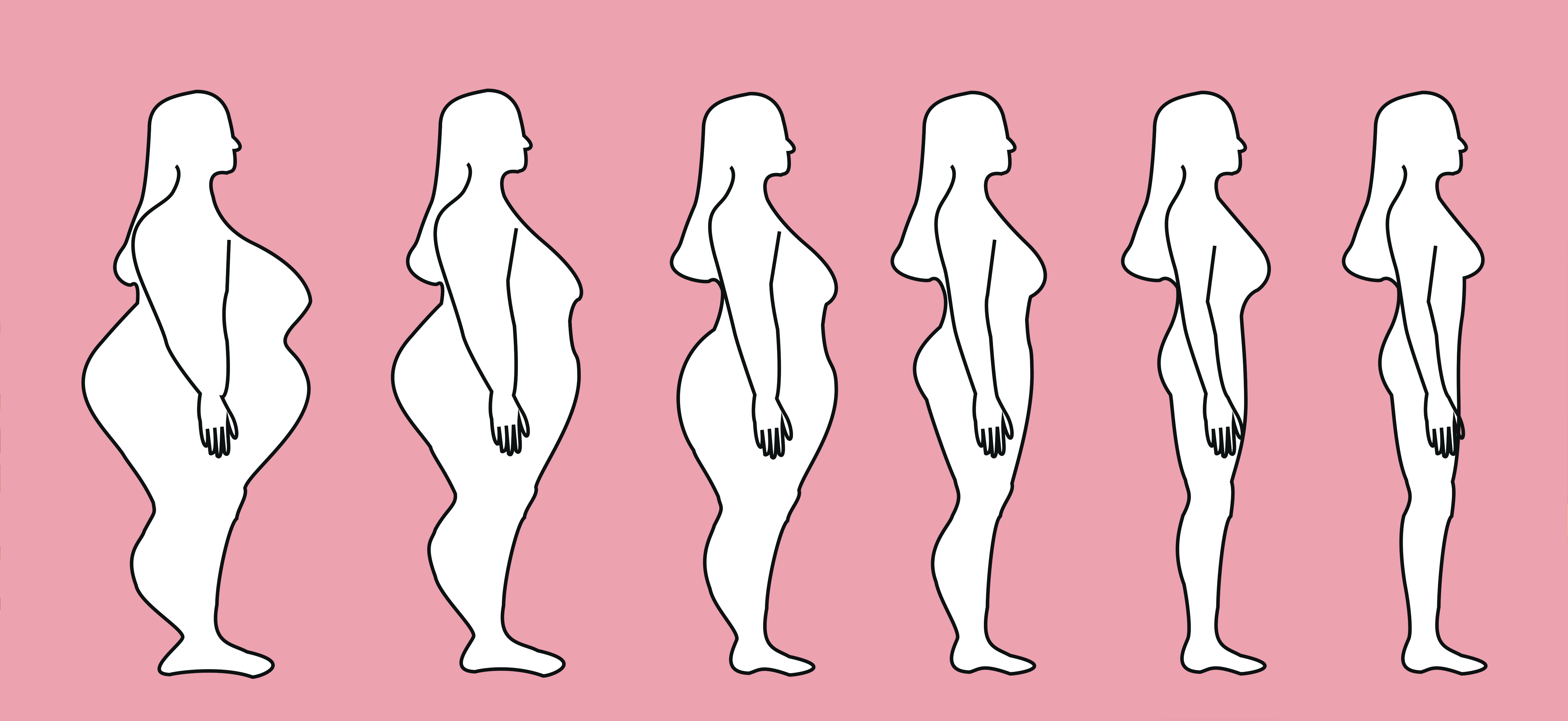The total calorie content of fruits is not high, mostly falling into the medium to low range of heat production.
The occurrence of obesity can be divided into internal and external factors. Internal factors mainly refer to genetic and biological foundations, while external factors mainly include social factors, dietary factors, and psychological and behavioral factors. Among them, the main dietary factor is the preference for sweet and greasy foods. Although fruits are not greasy foods, they are also sweet. Therefore, for those who want to lose weight, if they eat a lot of fruits, they should reduce the intake of other carbohydrates such as rice to maintain calorie balance.
For fruits, pineapples, pears, cherries, peaches, and bayberries are generally recommended. Modern medicine believes that bananas have a blood pressure-lowering effect, apples can prevent constipation and lower blood pressure, and hawthorn can dilate blood vessels, lower blood pressure and blood lipids, etc. Among fruits, jujubes, strawberries, and kiwis have higher vitamin C content, and mangoes, citrus fruits, and apricots contain more carotenes. Bananas and citrus fruits are good sources of potassium. Cherries, blackberries, grapefruits, lemons, and citrus fruits are excellent sources of bioflavonoids.
People should ensure a daily supply of fresh vegetables and consume 100-200 grams of fruits per day. Generally speaking, vegetables are the main source, and fruits cannot replace vegetables. Eating more vegetables is generally harmless, but eating more fruits is not necessarily better.









